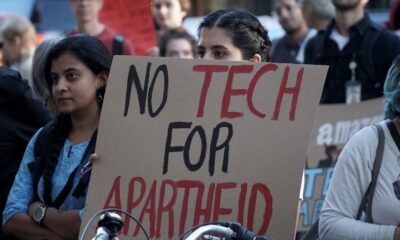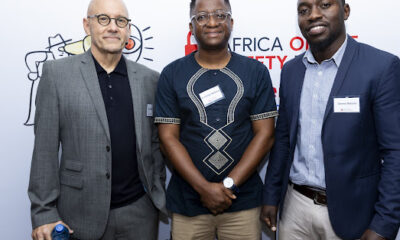Active mobile subscriptions dropped by 5.4 million in the first quarter of 2024, according to data from the Nigerian Communications Commission (NCC).
The total active mobile subscriptions stood at 219 million, a 2.4% decrease from the previous quarter’s 224.4 million.
This decline has been directly attributed to the stringent enforcement of the National Identity Number (NIN)-Subscriber Identity Module (SIM) linkage policy by the NCC.
Since its inception, the policy has aimed to bolster national security measures and enhance accountability within the telecom sector by mandating the linkage of mobile phone numbers to individuals’ unique NINs.
The regulatory directive, which came into effect in December 2023, required telecom operators to deactivate SIMs not linked to their owners’ NINs by February 28, 2024. The process unfolded in three phases with subsequent deadlines set for March 29 and April 15.
However, due to various challenges and requests for extensions, the final phase was postponed to July 31.
During this period, over 40 million lines, encompassing both active and multiple lines registered to a single subscriber, were reportedly barred by telecom operators.
The majority of these lines were found to be inactive, suggesting a considerable impact on non-compliant subscribers.
The National Identity Management Commission (NIMC) disclosed that as of April 2024, a total of 105 million Nigerians had enrolled for the NIN, indicating a widespread response to the government’s initiative to bolster identity verification processes.
In April 2022, the telecom sector experienced a similar wave of disruption as operators commenced the initial phase of enforcing the SIM-NIN rule.
During that period, over 72.77 million active telecom lines were barred, signaling a pivotal moment in regulatory compliance efforts.
MTN Nigeria, the country’s largest telecom operator, revealed in its first-quarter 2024 financial report that it had deactivated 8.6 million lines due to non-compliance with the NIN mandate.
However, the company emphasized its efforts to minimize the net impact of barred subscribers through effective customer management strategies.
Karl Toriola, CEO of MTN Nigeria, underscored the resilience of the company’s customer value initiatives in mitigating subscriber churn and driving gross connections amid regulatory challenges.
Despite the substantial drop in active subscriptions, MTN Nigeria closed the quarter with a total of 77.7 million subscribers, showcasing the effectiveness of its retention strategies.
As Nigeria navigates the evolving telecom landscape amidst regulatory reforms, stakeholders anticipate further measures to enhance compliance and fortify the integrity of the country’s telecommunications ecosystem.


 Billionaire Watch4 weeks ago
Billionaire Watch4 weeks ago


 Naira4 weeks ago
Naira4 weeks ago


 Naira3 weeks ago
Naira3 weeks ago




 Naira3 weeks ago
Naira3 weeks ago




 Naira3 weeks ago
Naira3 weeks ago




 Naira2 weeks ago
Naira2 weeks ago
 Commodities3 weeks ago
Commodities3 weeks ago


 Banking Sector3 weeks ago
Banking Sector3 weeks ago

















